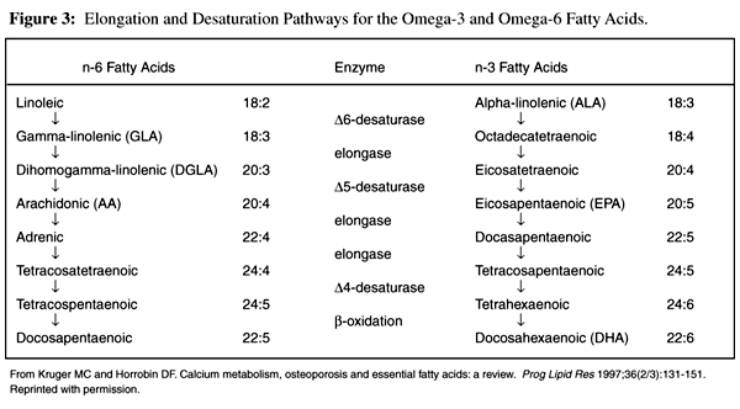Combining Pain Therapy with Lifestyle: The Role of Personalized Nutrition and Nutritional Supplements According to the SIMPAR Feed Your Destiny Approach
SOURCE: J Pain Res. 2016 (Dec 8); 9: 1179–1189 ~ FULL TEXT
Manuela De Gregori, Carolina Muscoli, et al
Pain Therapy Service,
Fondazione IRCCS Policlinico San Matteo,
Pavia, Italy
Recently, attention to the lifestyle of patients has been rapidly increasing in the field of pain therapy, particularly with regard to the role of nutrition in pain development and its management. In this review, we summarize the latest findings on the role of nutrition and nutraceuticals, microbiome, obesity, soy, omega-3 fatty acids, and curcumin supplementation as key elements in modulating the efficacy of analgesic treatments, including opioids. These main topics were addressed during the first edition of the Study In Multidisciplinary Pain Research workshop: “FYD (Feed Your Destiny): Fighting Pain”, held on April 7, 2016, in Rome, Italy, which was sponsored by a grant from the Italian Ministry of Instruction on “Nutraceuticals and Innovative Pharmacology”.
The take-home message of this workshop was the recognition that patients with chronic pain should undergo nutritional assessment and counseling, which should be initiated at the onset of treatment. Some foods and supplements used in personalized treatment will likely improve clinical outcomes of analgesic therapy and result in considerable improvement of patient compliance and quality of life. From our current perspective, the potential benefit of including nutrition in personalizing pain medicine is formidable and highly promising.
There are more articles like this @ our:
KEYWORDS: nutritional supplements; pain; personalized nutrition
From the FULL TEXT Article:
Introduction
In addition to the severity of the underlying condition, interindividual variability in chronic pain depends on many factors, including its sociocultural context, [1] patients’ genetic backgrounds, [2, 3] psychological factors, [4] and pathophysiology, [5] that can be modulated and monitored by altering nutritional habits. [6] During the eighth annual international meeting of the Study In Multidisciplinary Pain Research (SIMPAR), we attempted to remedy the knowledge gap in this field by conducting a workshop, entitled “FYD (Feed Your Destiny): Fighting Pain”.
The main focus of this workshop was on the association of nutrition and nutraceuticals with pain development and perception, appropriate nutrition for patients with cancer, the role of obesity in pain chronification, the microbiome involved in pain, and the specific role of soy, omega-3 fatty acids, curcumin, and polyphenols on inflammatory and degenerative painful diseases as well as on opioid tolerance (Figure 1).
Read the rest of this Full Text article now!




Leave A Comment